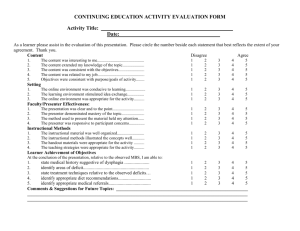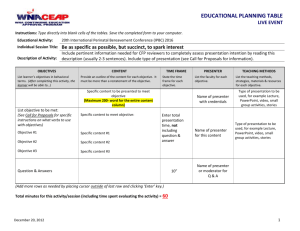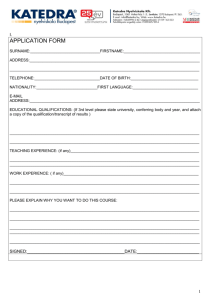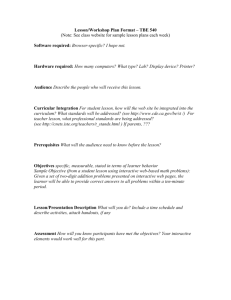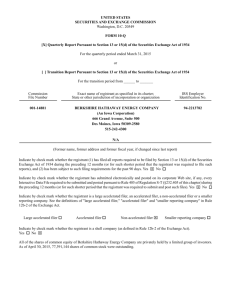CALL FOR PRESENTATIONS
advertisement
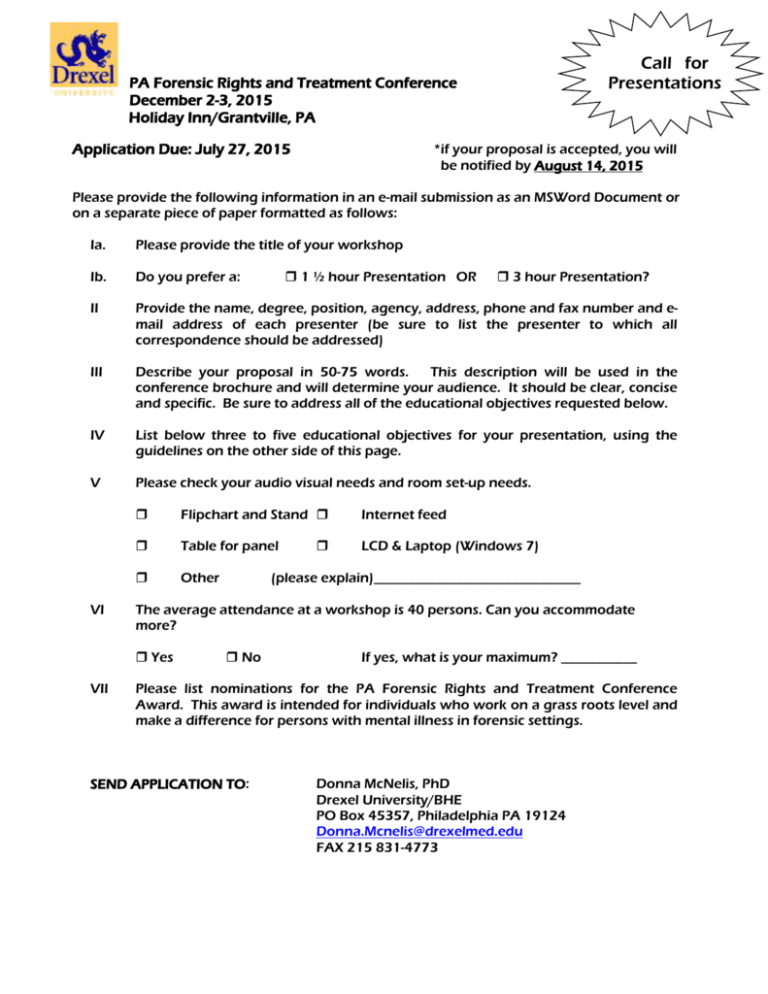
Call for Presentations PA Forensic Rights and Treatment Conference December 2-3, 2015 Holiday Inn/Grantville, PA Application Due: July 27, 2015 *if your proposal is accepted, you will be notified by August 14, 2015 Please provide the following information in an e-mail submission as an MSWord Document or on a separate piece of paper formatted as follows: Ia. Please provide the title of your workshop Ib. Do you prefer a: II Provide the name, degree, position, agency, address, phone and fax number and email address of each presenter (be sure to list the presenter to which all correspondence should be addressed) III Describe your proposal in 50-75 words. This description will be used in the conference brochure and will determine your audience. It should be clear, concise and specific. Be sure to address all of the educational objectives requested below. IV List below three to five educational objectives for your presentation, using the guidelines on the other side of this page. V Please check your audio visual needs and room set-up needs. VI 3 hour Presentation? Flipchart and Stand Internet feed Table for panel LCD & Laptop (Windows 7) Other (please explain)______________________________ The average attendance at a workshop is 40 persons. Can you accommodate more? Yes VII 1 ½ hour Presentation OR No If yes, what is your maximum? ___________ Please list nominations for the PA Forensic Rights and Treatment Conference Award. This award is intended for individuals who work on a grass roots level and make a difference for persons with mental illness in forensic settings. SEND APPLICATION TO: Donna McNelis, PhD Drexel University/BHE PO Box 45357, Philadelphia PA 19124 Donna.Mcnelis@drexelmed.edu FAX 215 831-4773 BEHAVIORAL HEALTHCARE EDUCATION Drexel University College of Medicine GUIDELINES FOR DEVELOPING EDUCATIONAL OBJECTIVES AT LEAST THREE educational objectives are requested for all presentations. Not only are they required by our accrediting agency, but they also help us maintain a high quality educational program. Educational objectives are statements which communicate instructional content. They are used to emphasize the most important student outcomes of the instructional material. At our conferences, educational objectives also help the learner choose appropriate educational offerings to meet his/her individual learning needs. They should describe the intended behavior to be attained by the conclusion of the program. In general, they should state: 1. 2. 3. What the learner should be able to do at the completion of the presentation. Under what conditions (if any) you want the learner to be able to do it. How well it must be done (if applicable). They should be specific, clear, capable of being measured, concise and realistic for the learning time and level. EXAMPLES: At the completion of this program the participants will be able to: 1. 2. 3. List the advantages, problems and safety factors related to MAOI drugs Review various treatments of agitation in the elderly with dementia, including treatment limitations and expected side effects. Summarize new information on the psychopharmacological treatment of depression. When formulating educational objectives, do not use verbs that are open to multiple interpretations such as learn, know, tell, understand, enjoy, appreciate, believe and perceive. The following list of verbs will help you write observable, active, measurable behaviors when formulating educational objectives. adapt analyze apply assess choose classify compare compute construct contrast create critique define describe design develop discuss distinguish document evaluate examine formulate generalize implement integrate interpret organize perform plan prepare prescribe recommend recognize specify summarize utilize

